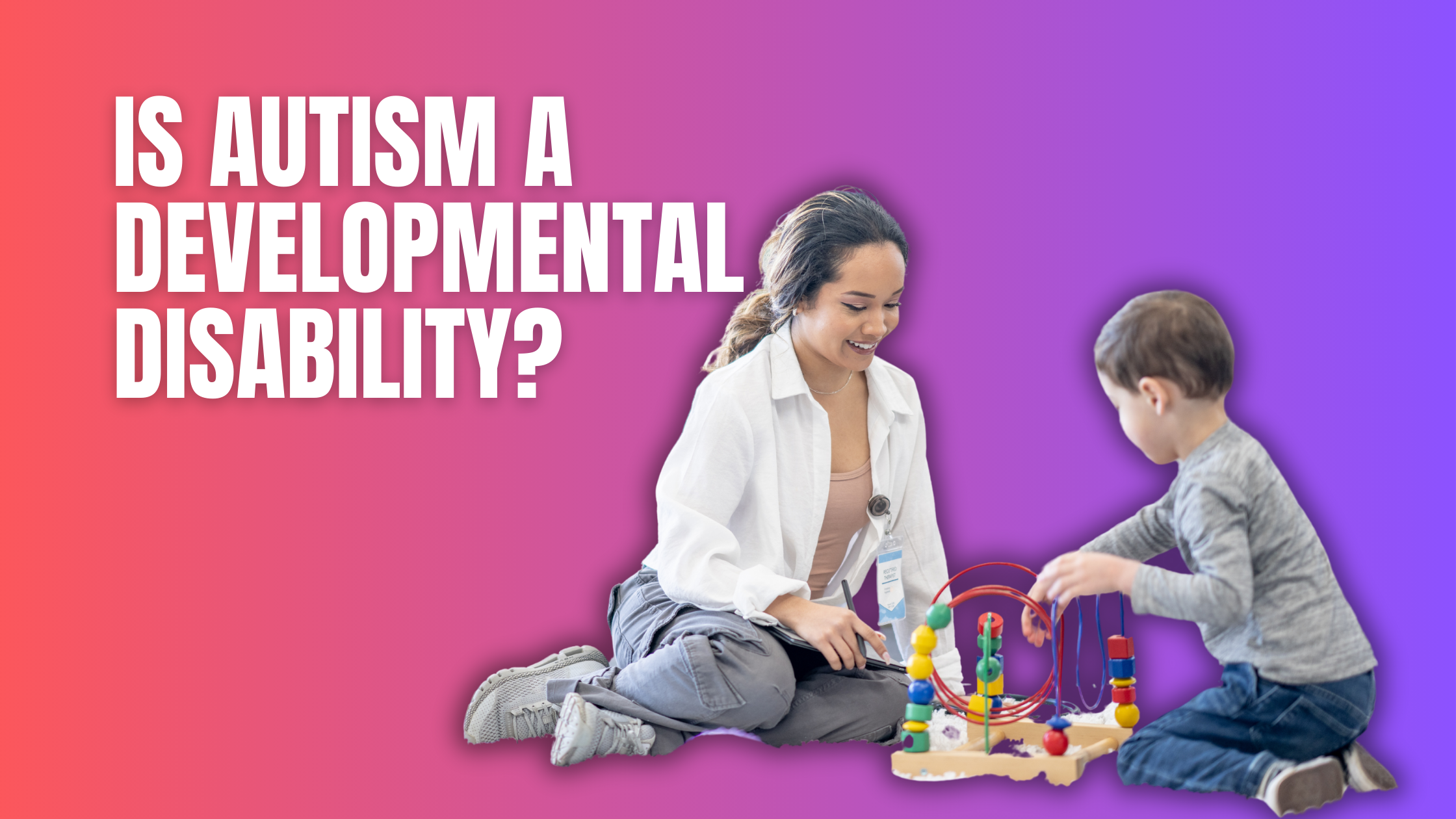Is Autism a Developmental Disability?
Is Autism a Developmental Disability? This comprehensive exploration unpacks autism spectrum disorder (ASD), emphasizing the significance of early identification, the role of the Centers for Disease Control, and the integration of diagnostic criteria for better understanding and support.
Autism spectrum disorder (ASD) is increasingly recognized within the broader category of developmental disabilities. This classification is not just a label; it’s a gateway to understanding, supporting, and integrating individuals with ASD into our communities more effectively. As we delve into what makes ASD a developmental disability, it’s essential to keep in mind the diverse nature of autism and how it affects individuals differently.
Understanding Autism Spectrum Disorder (ASD)
Autism spectrum disorder encompasses a range of conditions characterized by challenges with social skills, repetitive behaviors, speech, and nonverbal communication. The “spectrum” in ASD highlights the wide variation in strengths and challenges faced by those with autism. From difficulties in social interaction and communication to unique strengths in areas like attention to detail and focus, ASD impacts individuals uniquely.
The American Psychiatric Association’s Diagnostic and Statistical Manual of Mental Disorders provides criteria for diagnosing ASD, emphasizing the importance of social communication challenges and restricted or repetitive behaviors. Children with ASD might show symptoms within the first 24 months, including but not limited to avoiding eye contact, having focused interests, and displaying unusual reactions to sensory inputs.
Developmental Disabilities and ASD
Developmental disabilities are a group of conditions caused by impairments in physical, learning, language, or behavior areas. These conditions begin during the developmental period, may impact day-to-day functioning, and usually last throughout a person’s lifetime. Autism fits into this category because it usually manifests in early childhood and affects social, communication, educational, and vocational activities.
Legal and medical recognition of autism as a developmental disability has been crucial. It means that individuals with ASD can access a variety of supports and resources tailored to their specific needs. This recognition also plays a vital role in fostering a more inclusive society where people with ASD are given the opportunities to thrive.
Living with Autism
Recognizing autism as a developmental disability underscores the importance of tailored support and interventions. From individualized education plans (IEPs) in schools to therapy options like speech therapy, occupational therapy, and behavioral interventions, the spectrum of support is broad. Early diagnosis and intervention are crucial to helping individuals with ASD reach their full potential.
The Centers for Disease Control and Prevention and the American Academy of Pediatrics emphasize the importance of early screening for autism. Identifying ASD before 24 months and beginning intervention can significantly influence a child’s development and quality of life.
Resources and Support for Individuals with Autism
Numerous resources and organizations are dedicated to supporting individuals with ASD and their families. From national organizations to local support groups, these resources offer information, advocacy, and support services. Access to these resources can help families navigate the challenges of ASD, from diagnosing ASD to finding the right interventions and supports.
Integrating services across healthcare, education, and community organizations is crucial for providing comprehensive support. Families and individuals with ASD need to reach out, connect with these resources, and advocate for their needs.
Autism spectrum disorder is indeed classified as a developmental disability. This classification highlights the tailored approach needed in supporting individuals with ASD — recognizing their unique challenges and strengths. It’s a call to action for society, healthcare providers, educators, and families to collaborate in creating an inclusive environment where people with ASD can thrive.
We encourage our readers to share their experiences or questions about autism and developmental disabilities in the comments below. Your stories and inquiries enrich our community and help others feel seen and understood. For more insightful articles on autism and other health topics, consider subscribing to Health Search Hub. Together, let’s continue to build a more informed and supportive community.

